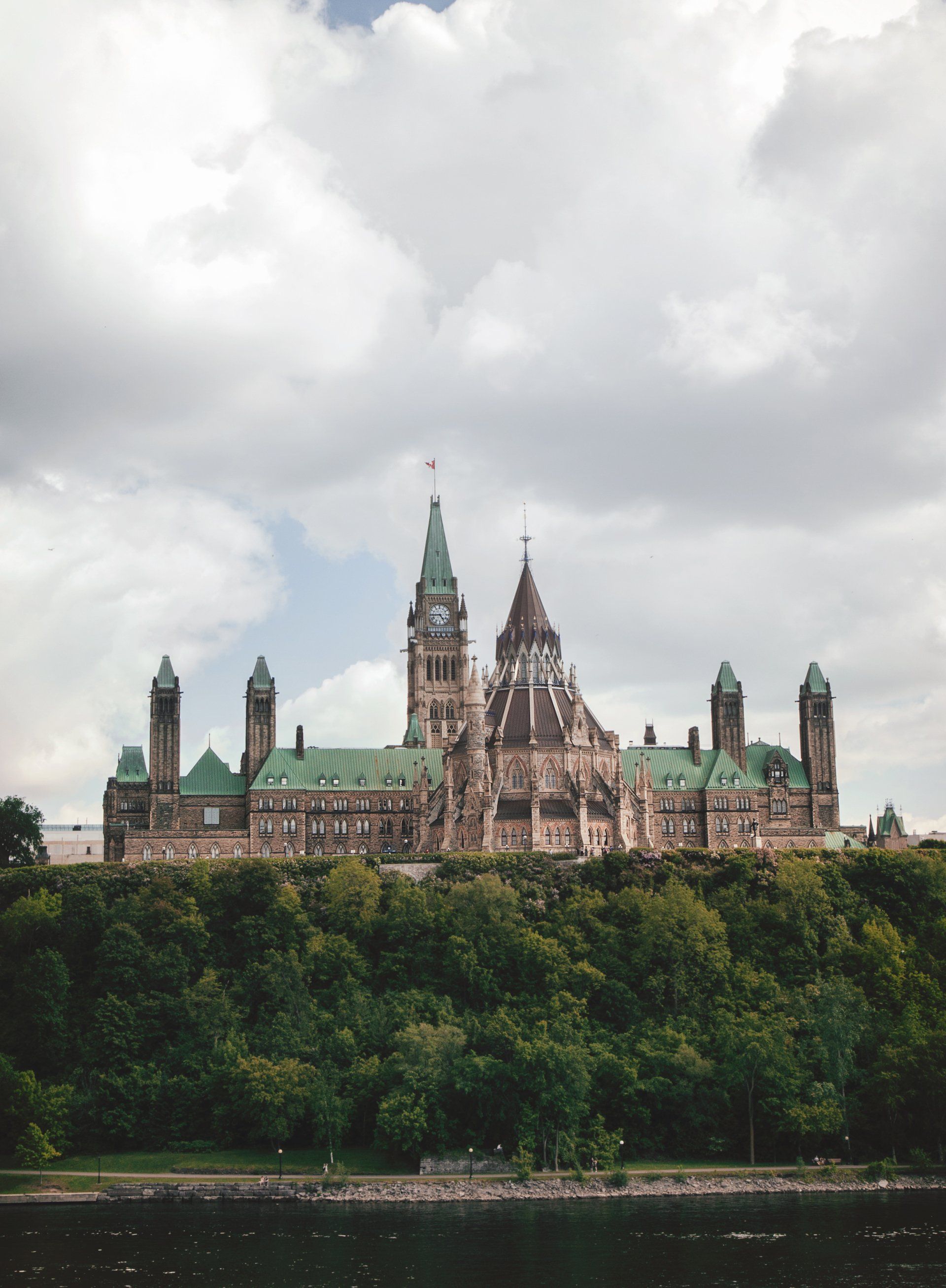Is Canada Really in a Recession?
Context
A CBC News article discussed the possibility of the Canadian economy heading into a recession, or whether the country has already passed that threshold. The article discussed this possibility based on slowed growth, high inflation, and the Bank of Canada’s continued interest rate hikes.
Analysis
A recession is a significant reduction in economic activity that occurs over a length of time, usually months or years. One of the most accepted definitions of a recession comes from the economist Julius Shiskin in 1974, who identified the threshold to an economic recession as two consecutive quarters of declining GDP, although economists often argue about the comprehensiveness of this measure.
The causes of a recession can be quite complicated and have many contributing factors. Some common examples include a sudden economic shock such as the recent COVID-19 pandemic, excessive debt, asset bubbles, inflation, deflation, or large technological changes.
One major factor influencing the probability of an economic recession includes rising interest rates from the Bank of Canada, which has implemented the highest hike in the shortest amount of time in all of the bank’s history, raising the rate over eight times since 2022. The Bank of Canada increased interest rates in order to curb inflation since rising interest rates discourage taking on debt and spending. This further encourages companies to lower prices or slow inflation to increase demand.
Currently, the Bank of Canada is keeping at the 5.0 percent rate but has said that further hikes are not off the table as inflation may continue to exceed acceptable rates. Increases in interest rates can certainly contribute to or precede a recession. In fact, the Bank of Canada has raised interest rates three times to slow inflation since the 1960s and all three times this action led to an economic recession.
Current fears of a looming economic depression are also not unique to Canada, as following the COVID-19 pandemic, the global inflation rate increased to 8.73 percent in 2021. This was due to supply chain issues, as well as the effect of the Russia-Ukraine War creating rising food and energy prices, as well as general fiscal instability. A majority of the World Economic Forum’s lead economists agreed earlier this year that we could see the beginning of a global recession starting in 2023, which would certainly affect the Canadian economy.
The article also discusses the Canadian economy’s slowed economic growth, as the GDP has stagnated in the second quarter of this year. However, it suggests other factors may explain the decrease, including striking port workers in British Columbia, and the resulting negative effect on economic activity. An RBC report mentions how on a per-person GDP basis, there has already been a decline for four straight quarters despite a surge in population growth, and concludes overall predictions for GDP growth do not look promising despite local factors including Canadian wildfires and strikes. They also point to a 0.5 percent increase in the unemployment rate over the past few months, which has historically tended to indicate a looming recession.


